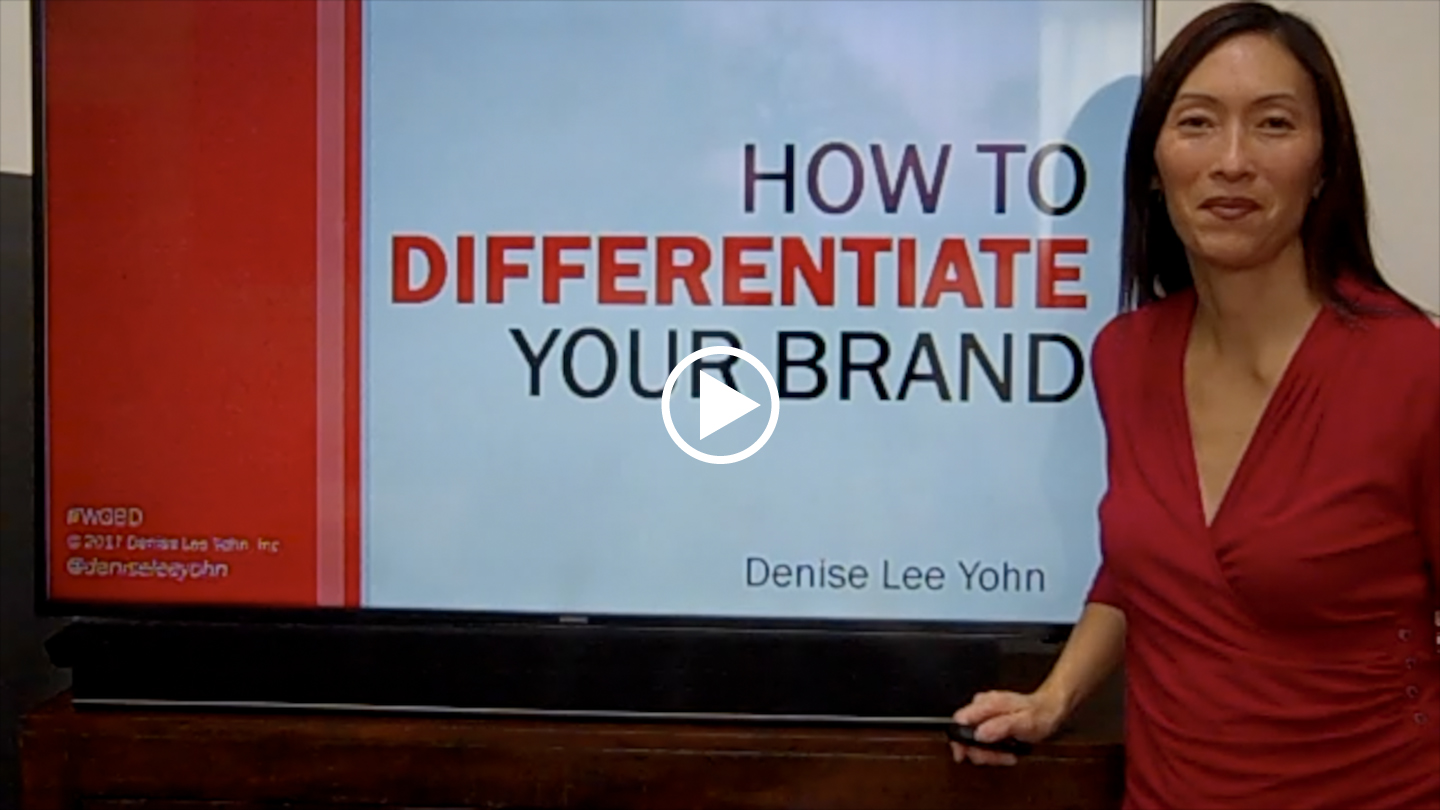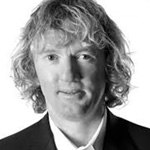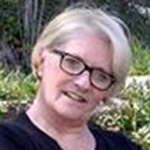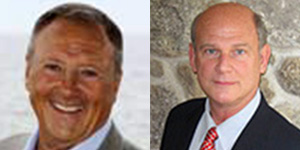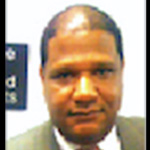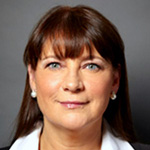Brand differentiation is more important now than ever before. You can’t just be better than your competitors — you must be different. Here are five of my resources, all in one handy spot, to help you understand the new challenges and requirements to differentiate and how to achieve greater brand differentiation.
If you want to stand out from the sea of sameness in your category, your brand must be different. Simply being better than your competitors no longer creates a sustainable advantage in today’s competitive business environment. Learn three strategies to make your brand stand out and gain an competitive advantage in this new video.
Don’t Settle for Being an “-er Brand”
 Red flags go up whenever I hear a pitch that explains how a new offering is just like another but is small-er, bigg-er, thinn-er, light-er, fast-er, sexi-er, whatev-er. Hearing “we’re just like X brand but we’re…” sets off warning signals about breakthrough ability and long-term viability. Learn why an -er position is a dangerous one to adopt in this HBR.org article.
Red flags go up whenever I hear a pitch that explains how a new offering is just like another but is small-er, bigg-er, thinn-er, light-er, fast-er, sexi-er, whatev-er. Hearing “we’re just like X brand but we’re…” sets off warning signals about breakthrough ability and long-term viability. Learn why an -er position is a dangerous one to adopt in this HBR.org article.
Be Different to Make a Difference
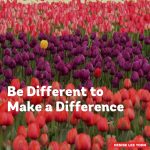
If you want to build a great brand, you would do well to focus on being different. But your difference must make a difference. You can’t be different just for the sake of being different. Great brands are built on meaningful differentiation. To be meaningful, your differentiation needs to be polarizing, transcendent, and substantive. Read more in this guest post on the Bulldog Drummond blog.
How To Determine Your Key Brand Differentiators
 A brand differentiator is a unique feature, aspect, and/or benefit of your product or service that sets it apart from competing brands. A single differentiator or a robust set of them form the basis for how you establish competitive advantage. Take three steps to identify your key differentiators in this blog post.
A brand differentiator is a unique feature, aspect, and/or benefit of your product or service that sets it apart from competing brands. A single differentiator or a robust set of them form the basis for how you establish competitive advantage. Take three steps to identify your key differentiators in this blog post.
A Great Customer Experience Isn’t Enough
 To establish your customer experience as a true competitive advantage, it must be distinctive — it must be noticeable, valuable, and memorable to customers. Good, generic customer experiences will soon simply define the playing field. Differentiation will be how brands win. Learn from Westin Hotel & Resorts and PIRCH in this guest post on the CX Journey blog.
To establish your customer experience as a true competitive advantage, it must be distinctive — it must be noticeable, valuable, and memorable to customers. Good, generic customer experiences will soon simply define the playing field. Differentiation will be how brands win. Learn from Westin Hotel & Resorts and PIRCH in this guest post on the CX Journey blog.
Don’t miss out on my future postings about Brand Differentiation. Sign-up for my e-newsletter, subscribe to my feed, , or follow me on Twitter.
The post brand differentiation appeared first on Denise Lee Yohn.

